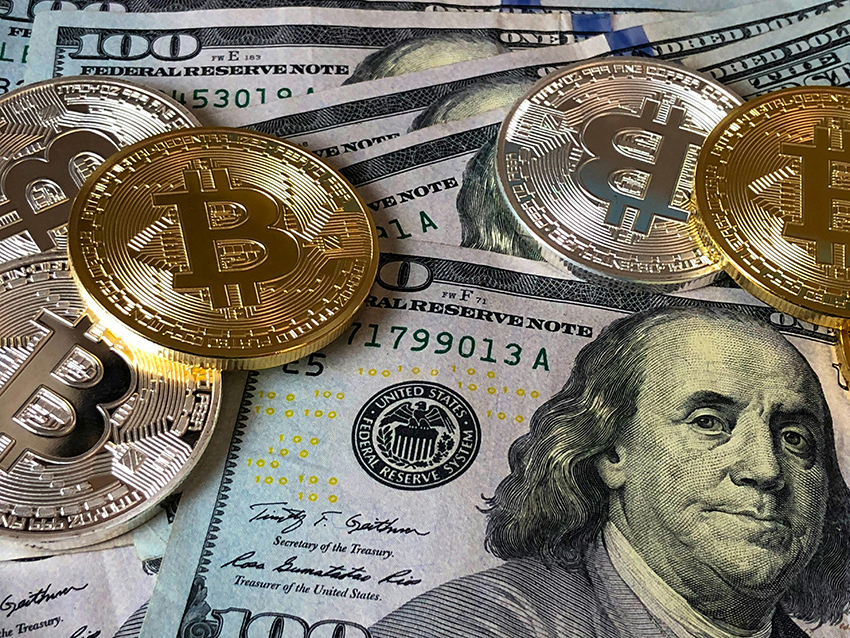5 Things To Do With Your Leftover Foreign Currency In India Back from an international trip? Check out these nifty ways to make the most of your leftover forex


By Neha Mehrotra
When travelling abroad, having cash on hand is a lifesaver for charming local markets and cosy eateries that scoff at credit cards. But what about the leftover currency in your wallet when you return home? Sure, you could splurge on duty-free goodies at the airport, but there are far more creative and practical ways to use that money. Instead of letting those foreign bills gather dust, why not save them for your next trip, donate to a good cause or even exchange them at a bank? Here, we’ve compiled a list of effective strategies to make the most of your remaining international currency. Read on!
Important Regulations to Bring Foreign Currency With You
According to the Reserve Bank of India, individuals can indefinitely hold up to USD 2,000 or its equivalent in foreign currency notes or traveller’s cheques for future use. If you possess foreign exchange exceeding this limit, you must deposit the unused foreign currency within 90 days and traveller’s cheques within 180 days of returning to India.
India does not impose any specific restrictions on the amount of foreign currency that can be brought into the country. However, if the cash value exceeds USD 5,000 or if the combined value of cash and traveller’s cheques exceeds USD 10,000, you are required to declare it to customs authorities upon arrival using the Currency Declaration Form (CDF) at the airport.
1. Exchange at Banks or Currency Exchange Services
The best option is to exchange your leftover forex at banks or authorised currency exchange services. Many Indian banks, such as SBI, HDFC, and ICICI, provide foreign currency exchange services. Other than that, most international airports have exchange counters to help you convert your foreign currency. However, if your bank can exchange your foreign cash, that is often the better bet, as banks typically offer better rates than the stands you’ll find at the airport.
2. Donate to Charity
Airports worldwide offer convenient collection boxes where you can deposit your leftover currency, benefiting a variety of causes, from animal rescues to children’s hospitals. Organisations such as UNICEF and the Red Cross accept foreign currency and use it to fund various initiatives around the world. You might consider donating to UNICEF, which accepts foreign currencies as part of its Change for Good programme. Some international flights distribute envelopes or bring around a collection bucket to make the donations. If you miss this chance in-flight you can even mail the donations directly to UNICEF.
3. Deposit it in a Forex Card
Forex cards, also known as travel cards, are prepaid cards that can hold multiple currencies. Many banks and financial institutions in India offer these cards, which can be a convenient way to store and use your leftover forex for future international travel. Reloading your forex card with the leftover currency can save you from conversion fees and provide easy access to funds abroad.
4. Spend at Duty-Free Shops
Many duty-free shops at international airports accept foreign currencies. You can use your leftover forex to purchase gifts, souvenirs, or other items before boarding your flight home. This is a practical way to spend the currency with no conversion. Duty-free shops, with their array of elite brands like Chanel, Gucci, Lindt, Jean Paul Gaultier, Bvlgari, etc., ensure that you enjoy a sophisticated and rewarding shopping spree.
5. Save it for Future Travel
If you’re a frequent traveller, consider holding onto your leftover forex for your next trip. This can save you the hassle of purchasing foreign currency again and help you avoid potential fluctuations in exchange rates. You can use the remaining currency for bookings or any urgent travel-related payments. However, be mindful of the exchange rate, as the currency might depreciate in value over time. Additionally, ensure that the currency you keep for future use complies with RBI limits; otherwise, you may need to encash any excess amount.
More from our site
Recent Posts
Luxury’s Most Recent & Vibrant Launches This Season
The luxury landscape is brimming with bold innovations, striking partnerships, and immersive experiences
The luxury landscape is brimming with bold innovations, striking partnerships, and immersive experiences
The PEAKLIFE Regatta 2025
From fashion designer Varoin Marwah’s Coastal Calm SS '25 splash show to a thrilling nautical spin on the sea, it was a magical weekend in Mumbai
From fashion designer Varoin Marwah’s Coastal Calm SS '25 splash show to a thrilling nautical…
Inside Louisiana’s Biggest Festival: 10 Things You Didn’t Know About Mardi Gras
More than a party, Mardi Gras is a cultural phenomenon!
More than a party, Mardi Gras is a cultural phenomenon!
Design Your Dream Home With These Expert Tips
A home that’s stylish, cosy, and truly yours!
A home that’s stylish, cosy, and truly yours!
Luxury in Fiji: Indulge in Paradise
From private island resorts to lavish overwater bungalows, this South Pacific paradise seamlessly blends indulgence with natural beauty
From private island resorts to lavish overwater bungalows, this South Pacific paradise seamlessly blends indulgence…
A Traveller’s Quest: Soorahi
This premium blend whisky brand aims to reflect a spirit of exploration and evolution in India’s alco-beverage landscape
This premium blend whisky brand aims to reflect a spirit of exploration and evolution in…

